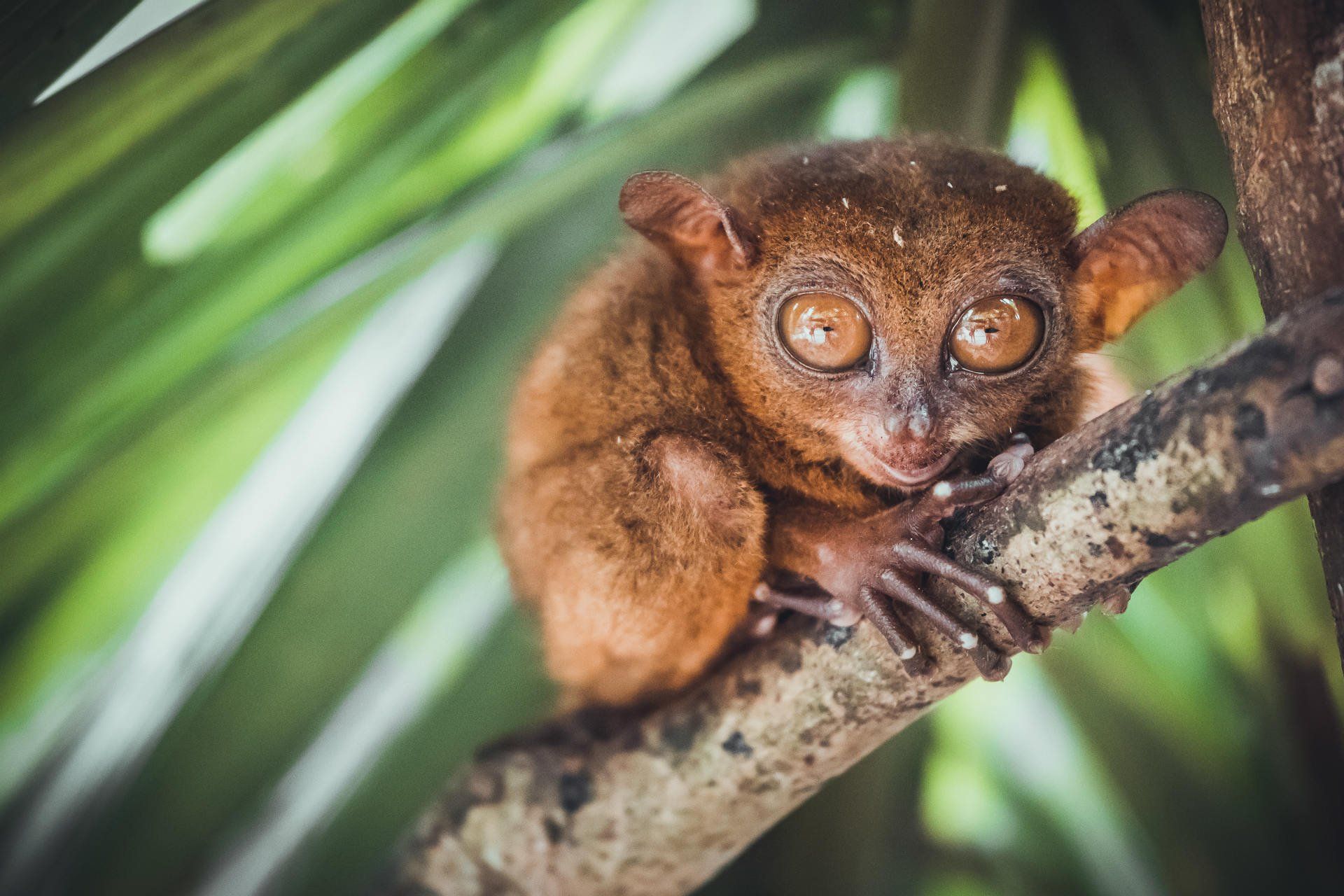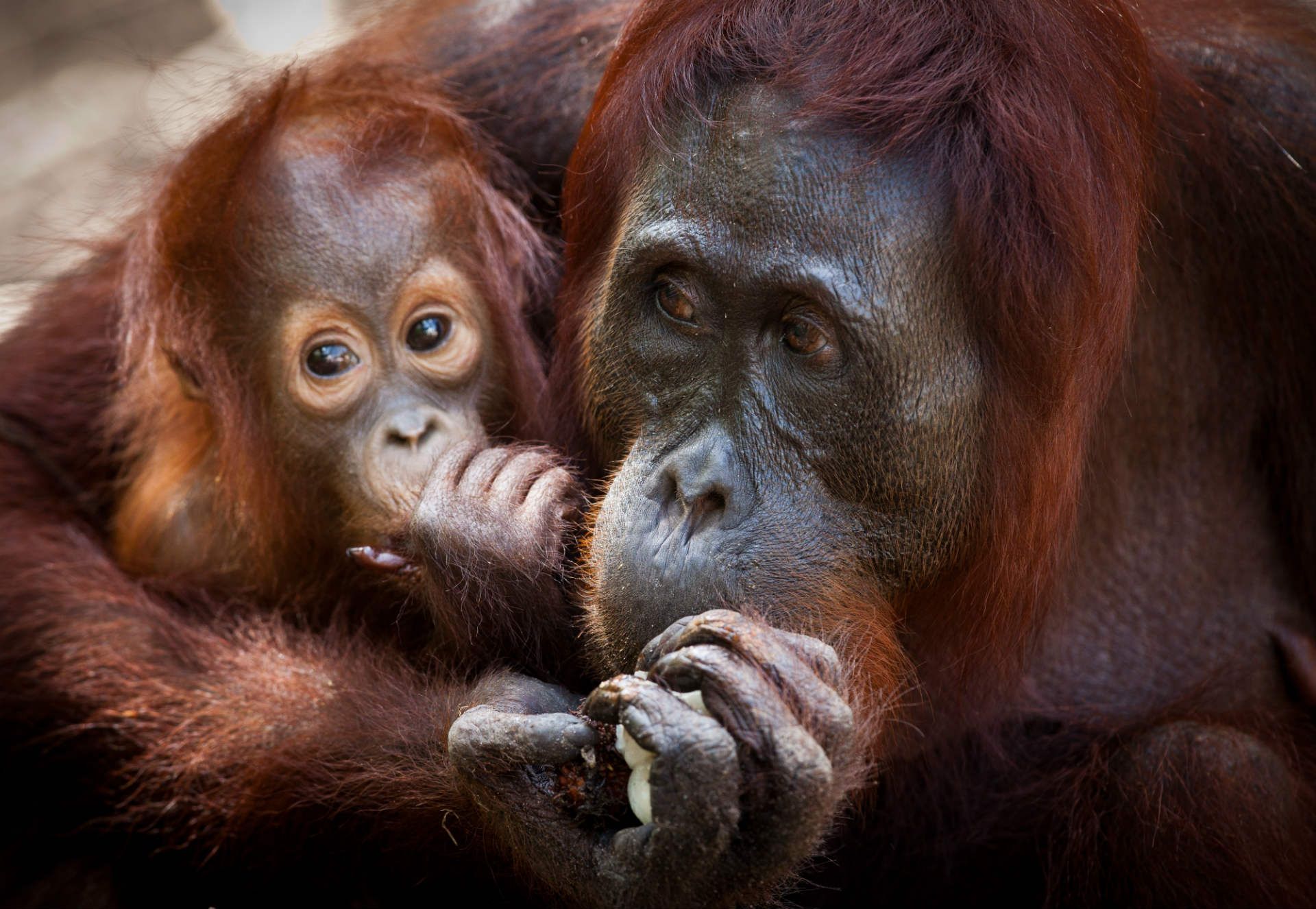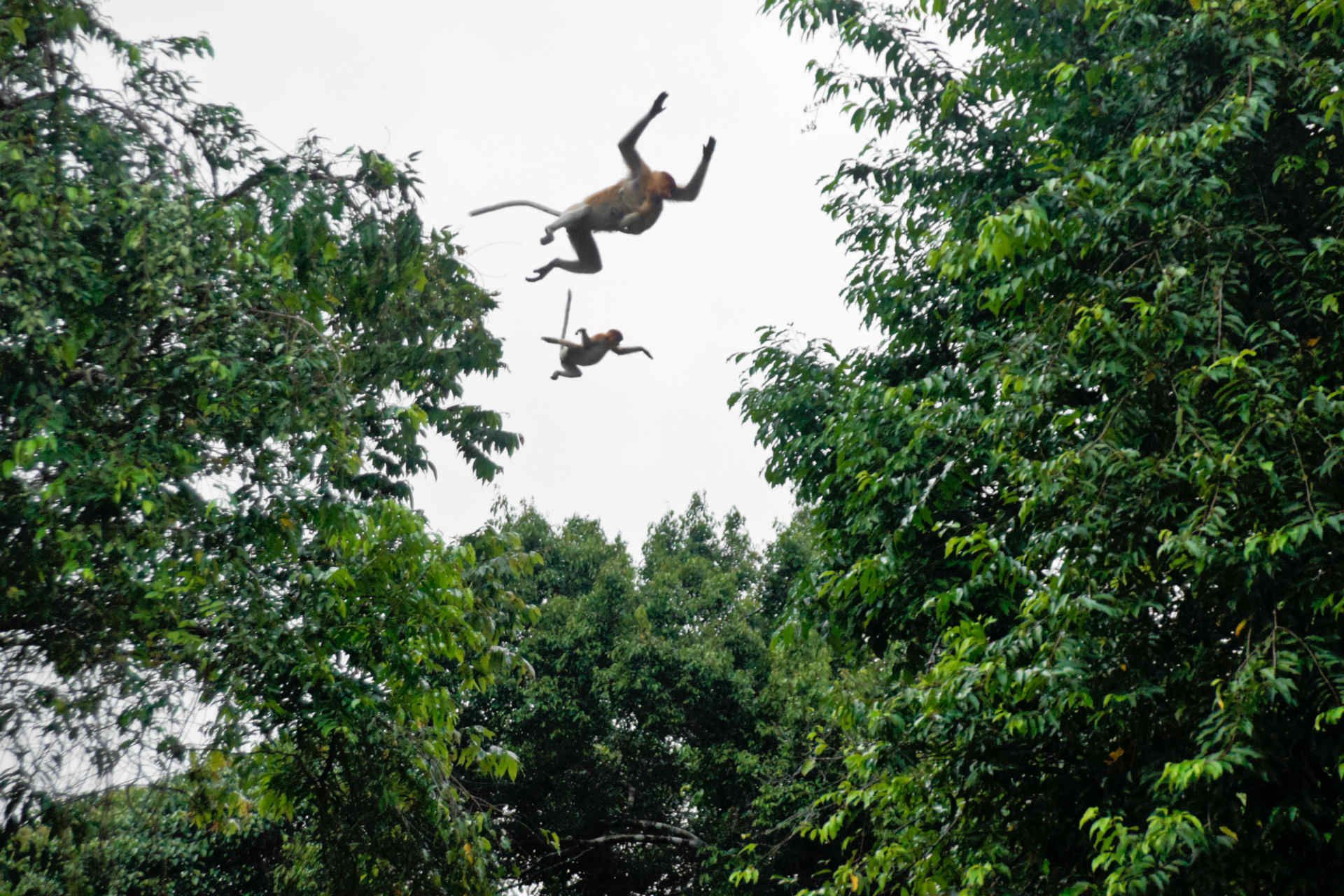Best places to see orangutans in Borneo
When it comes to seeing orangutans in Borneo, not all spots are created equal. Some offer wild jungle treks, others provide close-up encounters with rescued apes learning to survive in the forest. But all of them share one thing: a serious commitment to orangutan conservation.
Whether you're cruising down a remote river in Kalimantan or watching young apes swing through the trees at a rehabilitation center in Sabah, these places offer your best chance at seeing orangutans — ethically, safely, and up close.
1. Sepilok Orangutan Rehabilitation Centre (Sabah, Malaysia)
Sepilok is one of the most accessible and rewarding places to see orangutans in Borneo. Tucked into the rainforest just 22km from Sandakan in the Malaysian state of Sabah, this rural patch of jungle is home to some of Malaysia’s most iconic wildlife — including the rhinoceros hornbill and, of course, orangutans. It’s an easy addition to any Malaysia itinerary that includes wildlife or eco-tourism stops.
A 3km detour off the main road brings you to the Sepilok Orangutan Rehabilitation Centre, one of only a handful of sanctuaries in the world dedicated to rescuing and rehabilitating orangutans. Most of the apes here have been displaced by deforestation or rescued from the illegal pet trade. Some arrive orphaned and traumatized; others never learned how to survive in the wild. Here, they’re given a second chance.
Set in a protected 43-square-kilometer swath of lowland rainforest, the centre helps orangutans relearn essential jungle skills—climbing, foraging, and nest-building—before releasing them back into the forest. Visitors can observe their progress at different stages:
- Nursery viewing gallery: Behind glass, you’ll see juvenile orangutans swinging from ropes and learning to climb.
- Forest trails: Join a guide and explore Sepilok’s tree-lined paths — look up to spot sleeping nests or wild apes passing overhead.
- Feeding platforms: Watch semi-wild orangutans come in for bananas at 10am and 3pm. A no-show often means they're finding food naturally, which is a good sign.
The centre is open daily, 9am–noon and 2–4pm. Get there early to beat the tour groups, and bring binoculars if you can.
 Where to stay in Indonesia: Areas & booking tips
Where to stay in Indonesia: Areas & booking tips Getting around Indonesia: Transportation Tips
Getting around Indonesia: Transportation Tips How to get to Indonesia
How to get to Indonesia Indonesia travel tips for first-timers: what to know
Indonesia travel tips for first-timers: what to know Where to stay in Malaysia: Areas & booking tips
Where to stay in Malaysia: Areas & booking tips How to get to Malaysia
How to get to Malaysia Getting around Malaysia: Transportation Tips
Getting around Malaysia: Transportation Tips Travel health tips for Malaysia
Travel health tips for Malaysia Malaysia travel tips for first-timers: what to know
Malaysia travel tips for first-timers: what to know Heymondo Travel Insurance
Heymondo Travel Insurance







